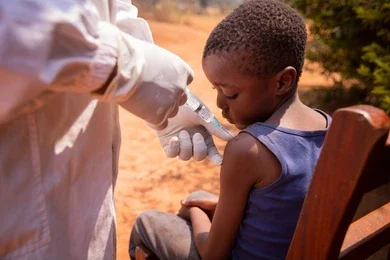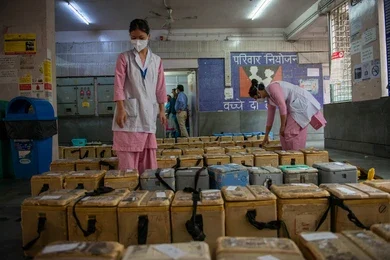
In low-income countries, access to essential medicines remains limited, leading to preventable deaths and untreated chronic illnesses. This inequity worsens health disparities. Expanding access and improving affordability are critical to achieving global health equity.

Hospitals in Canada face long wait times and inefficient patient flow, leading to reduced patient satisfaction, higher stress, and increased operational costs. Healthcare workers also face burnout due to poor workflows. Streamlining systems is essential to improve care and reduce pressure on staff.

Inefficient supply chains hinder vaccine distribution, causing stock outs and avoidable waste. This disrupts immunization efforts and endangers public health. Enhancing supply chain systems is vital to ensure reliable access to life-saving vaccines worldwide.

In the United States, drug addiction remains a significant public health issue, with many treatment programs lacking the necessary data-driven insights to evaluate their effectiveness. As a result, healthcare providers struggle to identify best practices and implement programs that can lead to better patient outcomes.
